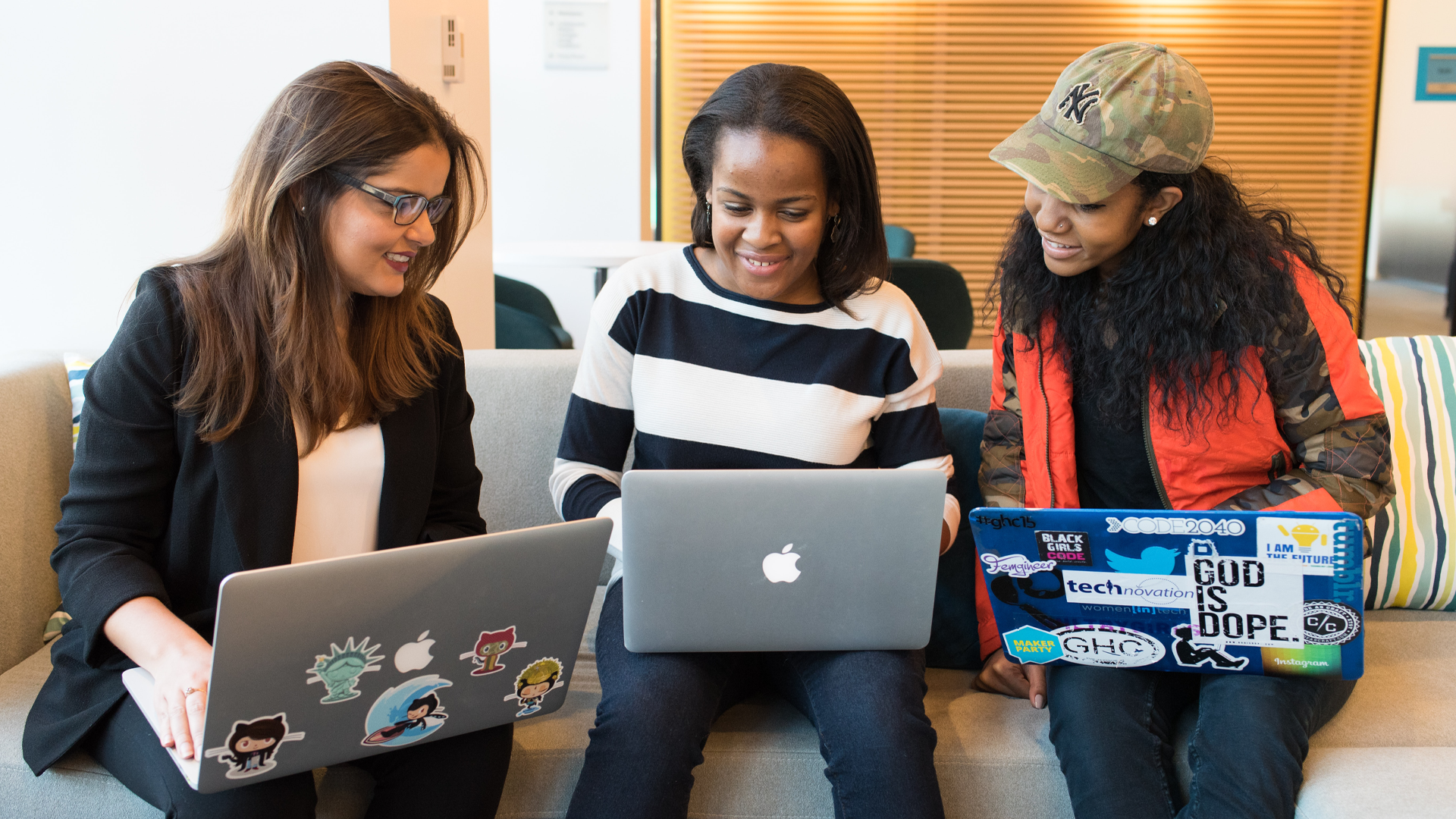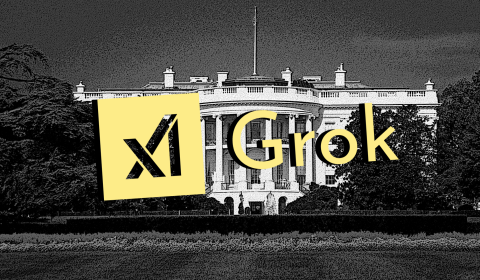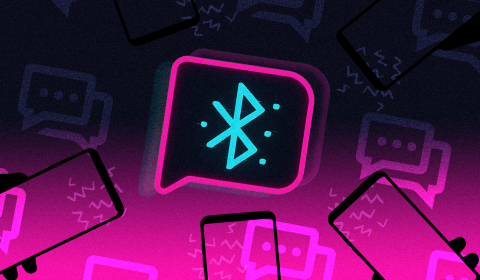Technology is an essential tool for social and economic development in Africa. However, despite significant progress in recent years, there is still a significant gender gap in technology access and participation across the African continent.
As the world becomes increasingly digital, the gender divide in technology is a growing concern, especially in Africa.
Despite the continent’s rapid technological advancement, there is still a significant gap in the access and use of technology between men and women. According to the World Bank, women from Sub-Saharan Africa are 37% less likely to own an internet enabled mobile phone and the gender divide seems to continue to grow.
According to the International Telecommunication Union (ITU), despite the rise in internet penetration across Africa, there are several challenges that women and girls face in accessing technology and participating in the tech industry.
These challenges include a lack of access to technology infrastructure, lack of digital skills and literacy, limited resources for education and training, gender stereotypes and biases, and societal norms that discourage women from pursuing careers in Science, Technology, Engineering, Mathematics (STEM) fields.
The cost of technology is the most common barrier affecting girls and women. In many Sub-Saharan African countries, devices such as smartphones and laptops are expensive, making it difficult for low-income families to afford them.
There is also a lack of reliable internet connectivity, especially in rural areas, which makes access to online educational resources difficult.
In Africa, gender stereotypes and biases have limited women’s participation in the tech industry. For years, society has often viewed technology as a male-dominated field, making it difficult for women to access technology-related education and training.
Additionally, many African women and girls lack role models in the technology industry, further discouraging them from pursuing careers.
Lack of digital skills and literacy are among the major challenges facing girls and women. They’re less likely to receive formal education in STEM fields, resulting in limited access to digital skills and knowledge.
Despite these challenges, international organizations such as the UN are taking action to promote gender equality in tech.
Gen Z, having grown up in the midst of tech expansion, are working to break down the barriers that prevent women from entering and thriving in this field. They are providing digital mentorship and support to women pursuing careers in technology, using social media and other digital platforms to promote gender equality and raise awareness.
One of Africa’s notable organizations promoting gender equality in tech is all-led women She Code Africa. The organization is aimed at empowering young African women in the field of technology. They provide training, mentorship, and networking opportunities for girls and women interested in pursuing careers in tech.




















